Three Years with Fozzie
Some fragmented thoughts on caring for—and learning from—our old dog, growing asparagus and tulips and garlic, eating my way through the Twin Cities, and a bald eagle-turned-foster father
Wednesday, April 26
Grand Rapids, Mich.
Three years ago this week, Tristan and I drove to South Bend, Indiana, to pick up a senior dog that we had agreed to foster for one month.
You can read the story of Fozzie’s origins—at least, what we know of them—in a reflection I wrote on the first anniversary of his arrival in our home. When the shelter took him in, he was in such bad shape that they weren’t sure he would survive. They nursed him back to stability, and we took over from there.
Once the month was up, it was pretty clear that Fozzie wasn’t going back to the shelter. In our household, though, we’re big believers in high hopes and low expectations. We were hoping for one good year with him. “We’re looking at it like a hospice situation,” Tristan told a friend.
Well, the Fozz made it—and then some. If there’s anything we’ve learned, it’s that he’s a survivor.
Sometimes it feels as if we’ve been through it all with Fozzie—highs and lows, growth and grief, blissful days of hiking and long nights when his upset tummy bedevils him and, by extension, us. We’ve seen him learn: When he arrived at our house, he was so afraid of the stairs that he would shake at the sight of them. Slowly, with our encouragement and, let’s be honest, plenty of treats, he grew braver and more certain. He grew confident enough to scamper up and down, usually pausing on the landing to survey his domain. We’ve also seen him struggle: Age and accidents have stiffened his joints and clouded his eyes. His back legs have gotten progressively weaker. Now we carry him upstairs and down.
One of my favorite Fozzie traits is his sigh. It is the most dramatic of exhales; how does he get so much air in his little lungs? Sometimes, I’ll be upstairs in my study, and he’ll be downstairs on the couch, and I will hear that sigh. Is he expressing deep contentment? Is it a sign of exasperation? Does he want attention? Has he surveyed the sorrows of the world and come to some conclusion about the meaninglessness of it all? Regardless, it seems quintessential Fozzie: a bit melodramatic, a bit mysterious.
Fozzie has never been the most outwardly affectionate dog. I still wonder whether years of neglect built up layer upon layer of scar tissue on his spirit. Is he reluctant to trust because he has been hurt before? He likes to be near us but not too near; if I pull him onto my lap while we’re watching TV, it’s rare that he’ll stay for more than 30 seconds before he returns to his customary place curled against the couch’s right arm. But once in a while—and more frequently over time—he seeks out snuggles, bowing his head in search of ear scratches. Occasionally—and especially after I’ve been away—he’ll burrow into me. Particularly when one of us is out of town, he’ll scoot a little closer on the couch.
There are two significant, reliable exceptions to Fozzie’s reticence.
One is named Molly. She lives two doors down, and from their first meeting, not long after he moved to Grand Rapids, Fozzie has adored her. When we return from longer trips, Fozzie will get out of the car and head straight for her house, not even stopping at his own. He’ll stand on her front lawn, pacing and sometimes even whimpering, until she comes out.
Funny thing is, rambunctious as Molly typically is, she and Fozzie rarely play. It’s as if she knows him—knows that he’s old and his joints achy, knows that he doesn’t play as other dogs do, knows that needs nothing more than her presence. They’ll greet each other, touching noses, sniffing. Then often they’ll just sit next to each other on the grass, watching the world go by.
The other thing that stirs Fozzie’s heart? Treats. At times I have wondered whether he might actually have a problem: That’s how much he wants treats. Perhaps we are the problem: Does he really need a treat—okay, maybe two—after every walk? Did we create this monster? But then I tell myself, He’s old. Give him the treats. Not everything has to be earned.
Or maybe the treats are really a reward for something that Fozzie doesn’t even understand.
The relationship between humans and dogs has long intrigued scientists and philosophers. Socrates held dogs in high regard, speculating that they could discern people’s dishonesty in ways that humans could not. Charles Darwin, a dog lover, repeatedly returned to the canine case study as he developed his ideas about evolution.
In ancient China, dogs were typically seen as guards, as hunting assistants, as dinner, or as ritual sacrifices. A notable outlier: Confucius, who loved his pet dog. In those times, it was typically only aristocrats who kept dogs as companions, and the ethicists of the day viewed such behavior as profligate. Confucius broke this mold. When his dog died, he fretted about how to provide a proper burial. He decided that, as long as one did not see the dog as equal to a human, there was nothing wrong—and perhaps much that was right—about giving it care and respect.
Confucius’s contemporaries, who thought him a fool, might have appreciated the work of John Archer, a psychology professor at the University of Central Lancashire who has an academic background in zoology. He has described the human keeping of pets as “maladaptive behavior.” Pets, he asserts, “are social parasites.” He speculates that, over time, various species, including dogs, have evolved behaviors that essentially manipulate humans into caring for them.
To which I say: So what?
Some days, I’m super-cranky. The demands of this life and this world seem too much. I feel as if I have nothing left to give. Perhaps I am trying to cobble together a sermon, inevitably something about hope and love, except that I am not feeling so hopeful, certainly not feeling much love. Or perhaps it’s late on a Thursday afternoon, and I wonder whether I will be able to finish a letter to you that merits reading, a letter that might be worth all these words. Then I see Fozzie, snoozing on a blanket in my study, and I watch him long enough to see the rise and fall of his body with a breath, and I remember.
I remember that, amidst all the complicated relationships in my life, this strangely simple one reminds me again and again of my capacity for unconditional love. How is it that I expect so little from him?
I remember that, late at night, when I hear him stirring, which can sometimes mean that he’s pooping, I might feel worried, maybe anxious, often frustrated. But I don’t feel angry. Where does this well of patient grace begin or end?
I remember that, during the nebulous days of the early pandemic, when our routines had collapsed and the outlook was murky, our walks with Fozzie helped us mark the hours. He insistently, consistently, ushered us outside—outside the house, outside our worries, outside ourselves.
After his rescue dog, George, died, the journalist John Dickerson wrote a lovely essay about walking George. “Considered correctly, the daily dog walks are a regimen of escape and pause,” he said. “They enlarge our sympathies and sweeten our disposition. They pry open the day when it balls up into a little fist.”
Why do I not have the ability to look outward on my own?
I remember that this short-legged oddball has excavated space in my heart that I didn’t know existed. Might there be care enough there even to share with strangers?
The dictionary tells me that the word “gentle,” in its less-common verb form, is most often used to describe the process of taming an animal. Three years on, I suspect that Fozzie has gentled me more than we’ve tamed or trained him. I feel so lucky to be one of his humans. (In this house, we don’t use the word “owner,” because, as Tristan often says, “No one owns the Fozz.”) With him by my side, I have felt my heart soften, my spirit find its fuller patience, my compassion expand beyond what I thought were its natural limits.
We don’t know how old Fozzie is. We have no clue how much time we have left with him. For as long as we do have, though, we will do our best to love him well. And for all my days, I’ll know that I am a better man because of him.
What I’m Growing: Last summer, I planted some asparagus crowns that I got from a local farmer. Growing asparagus requires patience. The other day, I spotted our first spear of asparagus—a lone pioneer. Immediately, I saw in my mind a crostini featuring charred asparagus with lemon zest and red-pepper flake, topped with a fried egg. It is taking all my willpower not to harvest it.
The farmer warned me that I needed to give the asparagus time to expand its roots. Sure, I could settle for a morsel of instant gratification, but it would come at the cost of many meals. This is a long-term investment.
It snowed again on Monday. But thankfully, it didn’t get cold enough to kill off the tulips. They continue to bloom.
And here and there, in small patches on the side of our house and out back, the garlic grows. I know that garlic is a jealous crop; it doesn’t like competition. So next week, I will try to do some weeding as well as give them a little nutritional boost in the form of some vermicompost. And then we wait.
What I’m Eating: I spent last weekend in the Twin Cities, which has such good food. One of my favorite chefs anywhere is Gavin Kaysen, who oversaw the kitchen at Cafe Boulud in New York City before returning to his hometown about a decade ago. In 2015, I ate at his first restaurant there, Spoon and Stable, by myself three nights in a row. It was a delight to return last weekend and to realize that it is just as good as ever. With my friend Sharon, whom I met freshman year of college, I also went to Kaysen’s newest restaurant, Mara, which has a Mediterranean-inspired menu. The housemade labneh with fresh pita was stellar.
Other highlights:
*the pizza at Pizzeria Lola. A friend chided me for not ordering chef Ann Kim’s famed Korean-barbecue pizza. But I always have to try a pizzeria’s Margherita, just to have a baseline. And the day I went, the special was an allium pizza—spring onions, garlic, chives, caramelized onions, and leeks, all nestled amidst four cheeses. I took the leftovers back to my hotel and had them for breakfast.
*Pinoli, recently opened by the restaurateur Kim Bartmann. The pasta—we had a casarecce with pesto and a spaghetti alla Chitarra—was excellent. And Sharon said that the roasted Savoy cabbage was one of the best things she’s ever eaten. There’s some alchemy happening with the decadent butternut-squash puree that sits under that cabbage. If the server hadn’t told me what it was, I would have sworn that it was cheese sauce.
*the baked goods at Brake Bread in St. Paul. My favorite was a pastry they call the cardamom spinner; the rich, warm spice marries beautifully with vanilla and brown sugar. I also brought home two loaves of bread to share with Tristan.
What I’m Reading: This story about Murphy, a disabled bald eagle described as a “flightless bachelor” who tried to incubate a rock (!), hit me in a tender place. I’m rooting for him and his foster kid. How could I not? After reading, I found that the World Bird Sanctuary is posting regular videos of Murphy modeling proper eagle behavior for 23-126 (they don’t name the birds that are intended to return to the wild).
Last week, I wrote about the Ugandan civil-rights activist Clare Byarugaba and the mothers of PFLAG-Uganda.
“My endless optimism isn’t in vain,” Clare said in an email a couple of days after my letter went out. Last week, President Yoweri Museveni declined to sign the anti-LGBTQ bill, sending it back to Parliament for “improvement.” One should not mistake that legislative maneuver for leniency or a change of heart, though. In a speech a few days later, Museveni praised the legislators for their anti-LGBTQ stand. “It is good that you rejected the pressure from the imperialists,” he said. “Europe is lost. So they also want us to be lost.”
Clare is deeply grateful for your encouragement as well as for your contributions. “It means a lot,” she said. “I will duly share with some of the parents who have had to separate their families for safety and security.” So far, you’ve sent in nearly $2,000. I will be transferring the funds to Clare early next week. If you’d still like to contribute, my Venmo is @byjeffchu, and I will provide proof of the transfer after it’s made.
I’d love to hear about your pets, what you’ve learned from them, and how they’ve changed you. Tell me your stories!
That’s it for this week. As always, I’m so glad that we can stumble through all this together, and I’ll try to write again soon.
Yours,
Jeff




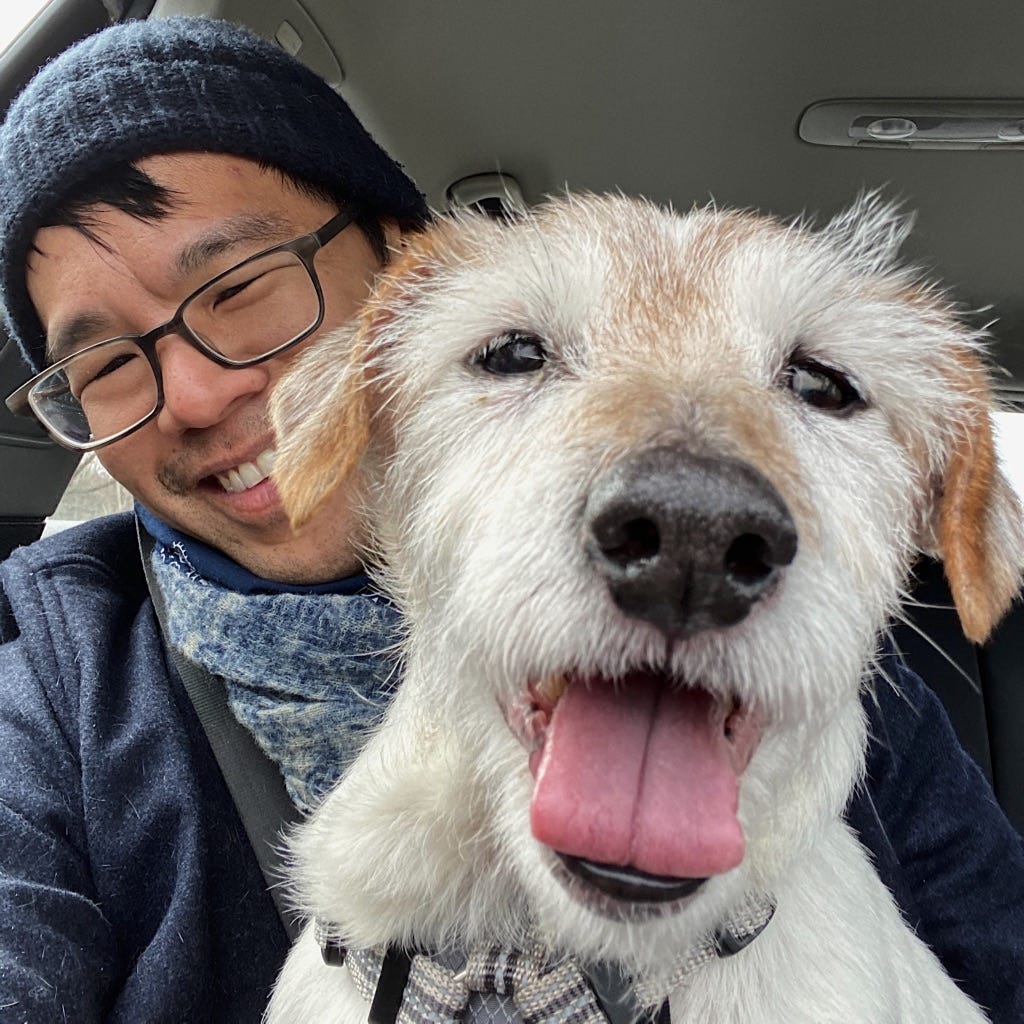


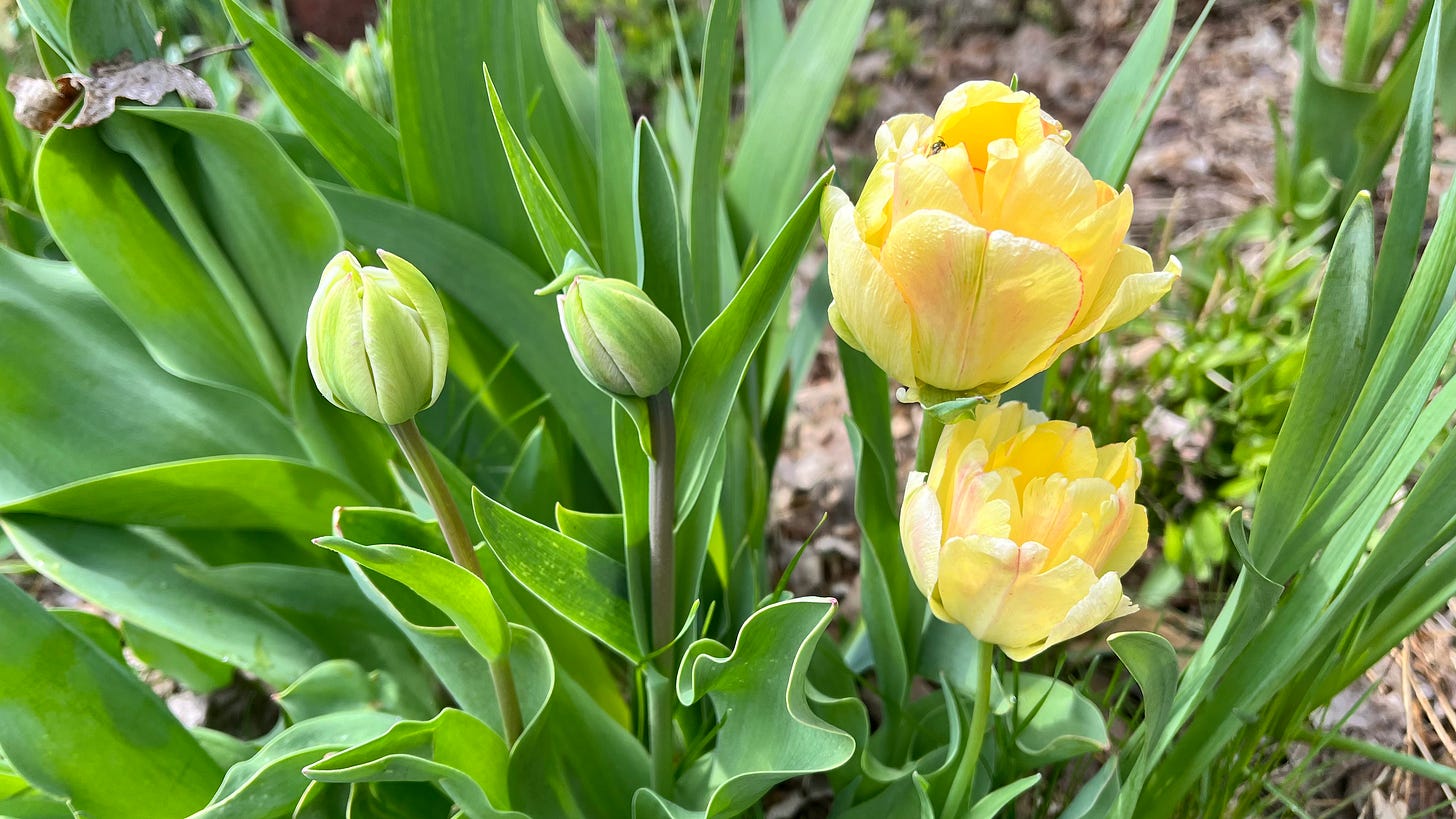
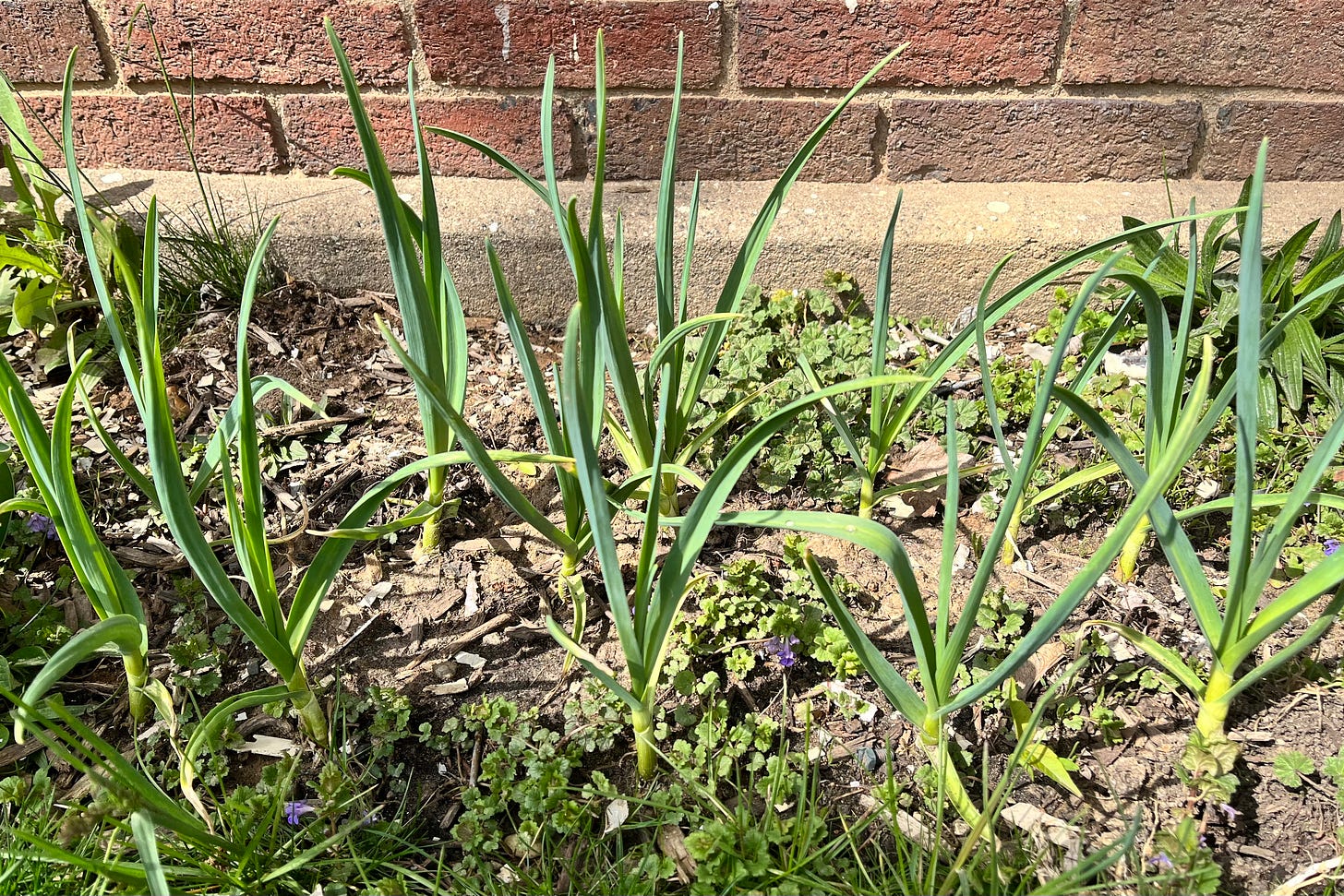
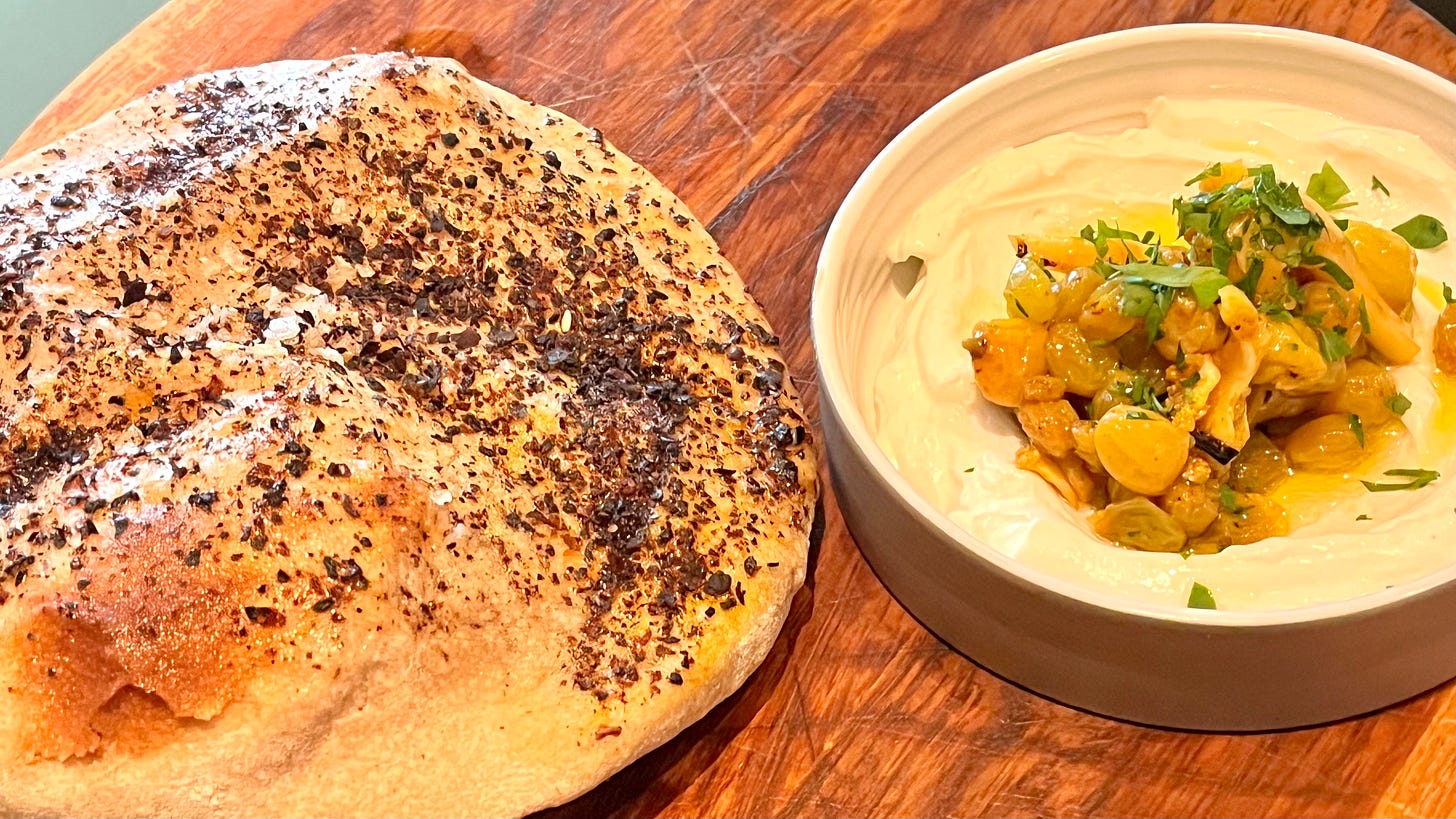
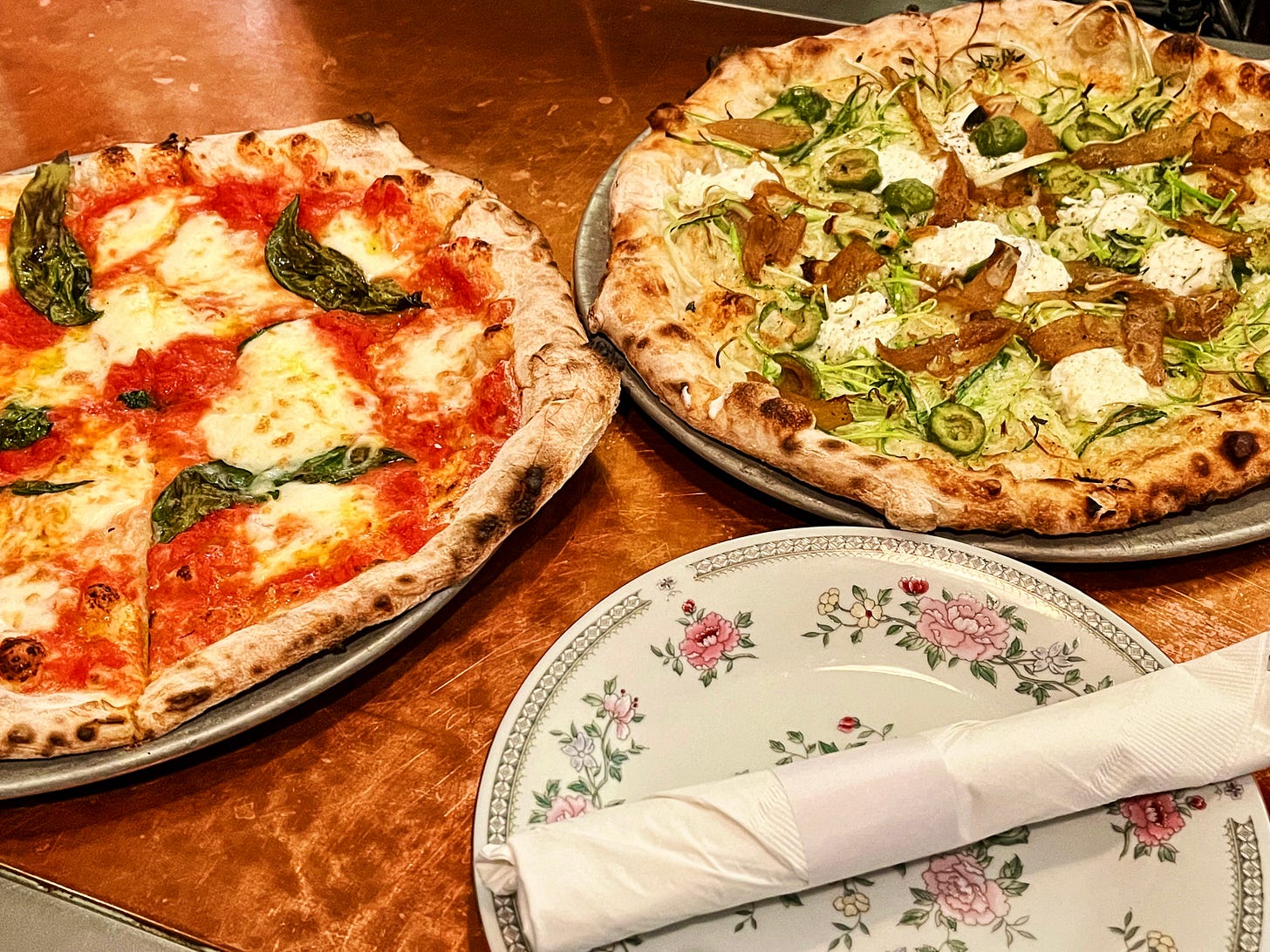
I loved hearing about your sweet old man! There's something so special about being trusted by your dog. I lost my sweet boy Kobe last August, a month before he turned 16. Maybe loving him so much is a maladaptive behavior, but like you, I don't mind at all. He was a min-pin chihuahua mix, tiny but mighty, and fiercely protective of me. I would regularly watch him sleep next to me and wonder at how we could have such a strong bond and yet have no way to actually speak to one another. Somehow, without a shared language, we still knew and understood each other. When I hurt my back and laid down on my bed, he jumped up, sat next to me, and rested his tiny head on my chest. When my toddler niece and nephew were too much for him, he would quietly walk over to me and sit in my lap, like he knew I would keep him safe. And a few years ago when I was searching for my first apartment, I used to joke (but really was serious) and say that I was really searching for Kobe's retirement home. I know I anthropomorphized him a lot (probably too much), but he was the closest I've ever had to a child, and I'm so grateful I had him in my life. I'm so glad that Fozzie has you and Tristan to love and be loved by in his final years. And Kobe would want you to give him an extra treat today in his honor--these old pups deserve it!
There have been so many sweet pets in my life growing up but the only one I was old enough to really have to say goodbye to was our sweet Sugar. Mom took us to a pet store (I know, I l know) that was right next to the grocery store we shopped at. It was our treat for behaving ourselves to go look at all the animals. This was during a time when my dad traveled a lot for work so my mom was often on her own with 4 kids under the age of 6. One of those times, there was a litter of chihuahua-poodles puppies. All the other puppies were scrambling around and barking their heads off except for this white one who was curled up sleeping. We fell in love with her and picked her up and took her home immediately. Didn't even call Dad until we got home. We adored her for 15 years. She saw 4 kids all the way through elementary, middle, and high school and part of college. She was a staple in our family. She wasn't a fan of little kids (not great in a family with 17 cousins and counting) or other dogs (only made the mistake of pet sitting for a friend once) but she loved to find a patch sunshine or sit with someone calmly on the couch. We took her everywhere including camping. When her feet would get wet crossing a creek she looked like a cotton ball with chicken legs and she'd doze in the camper when we went on longer hikes. Eventually she got old and things started to shut down. Most of us were able to come home and be with her when she passed.
When my husband and I got married and moved to Nashville we desperately wanted a pet but couldn't manage a dog at the time. So instead when a friend of mine in Illinois needed to find a home for some barn cats, I drove the four hours there and back to pick up our little calico runt of the litter with a heart murmur Piper. She's the tiniest thing and acts more like a dog than Sugar ever did - wants to play all the time, gets into everyone's shoes, begs for treats, loves guests but yowls at people walking past outside, always within a few feet of one of us. She's only five so we hopefully have a long time left with her.
These pets are so precious. Yes, give them all the treats. You are their whole world. They deserve it just for existing.